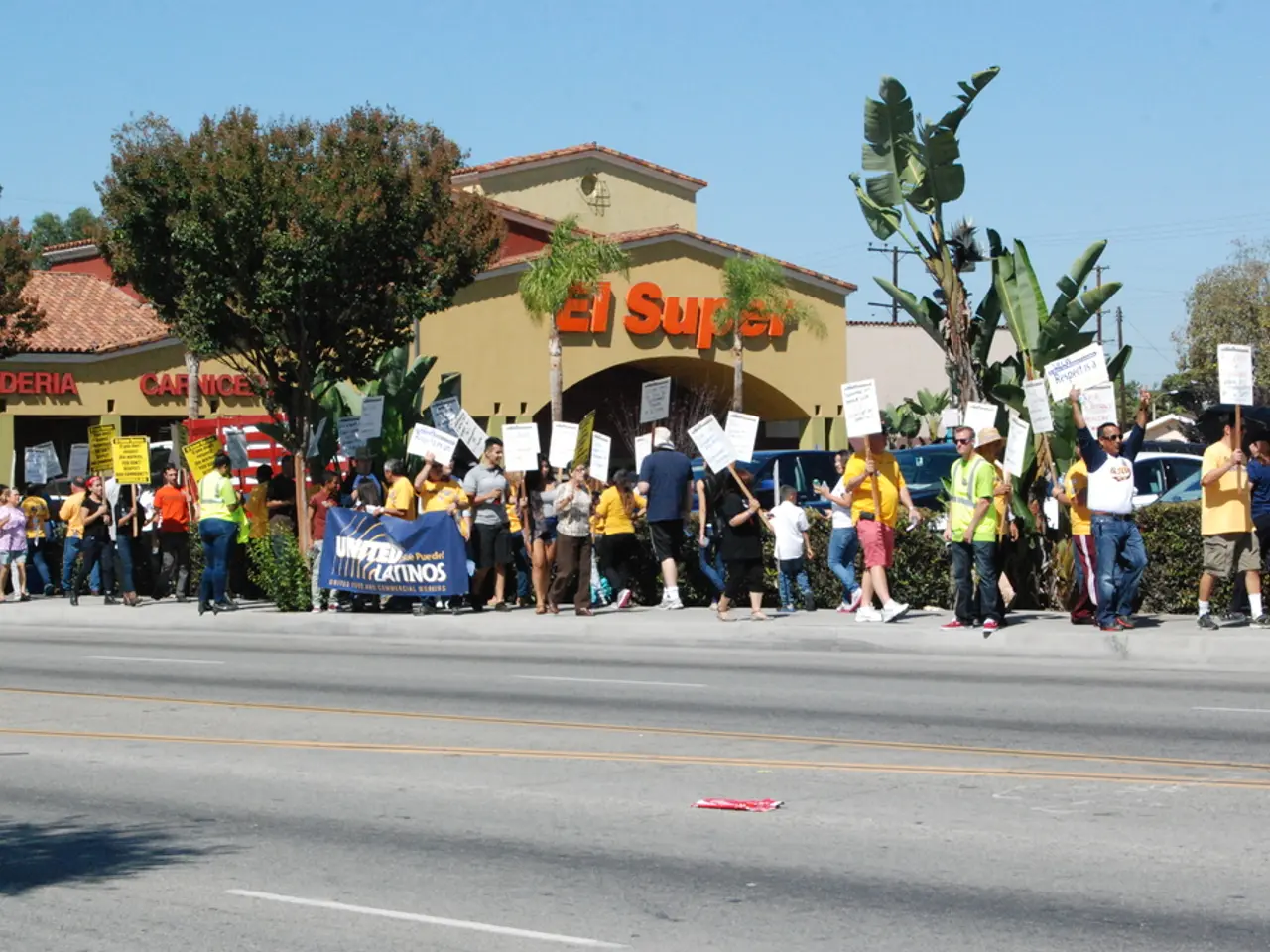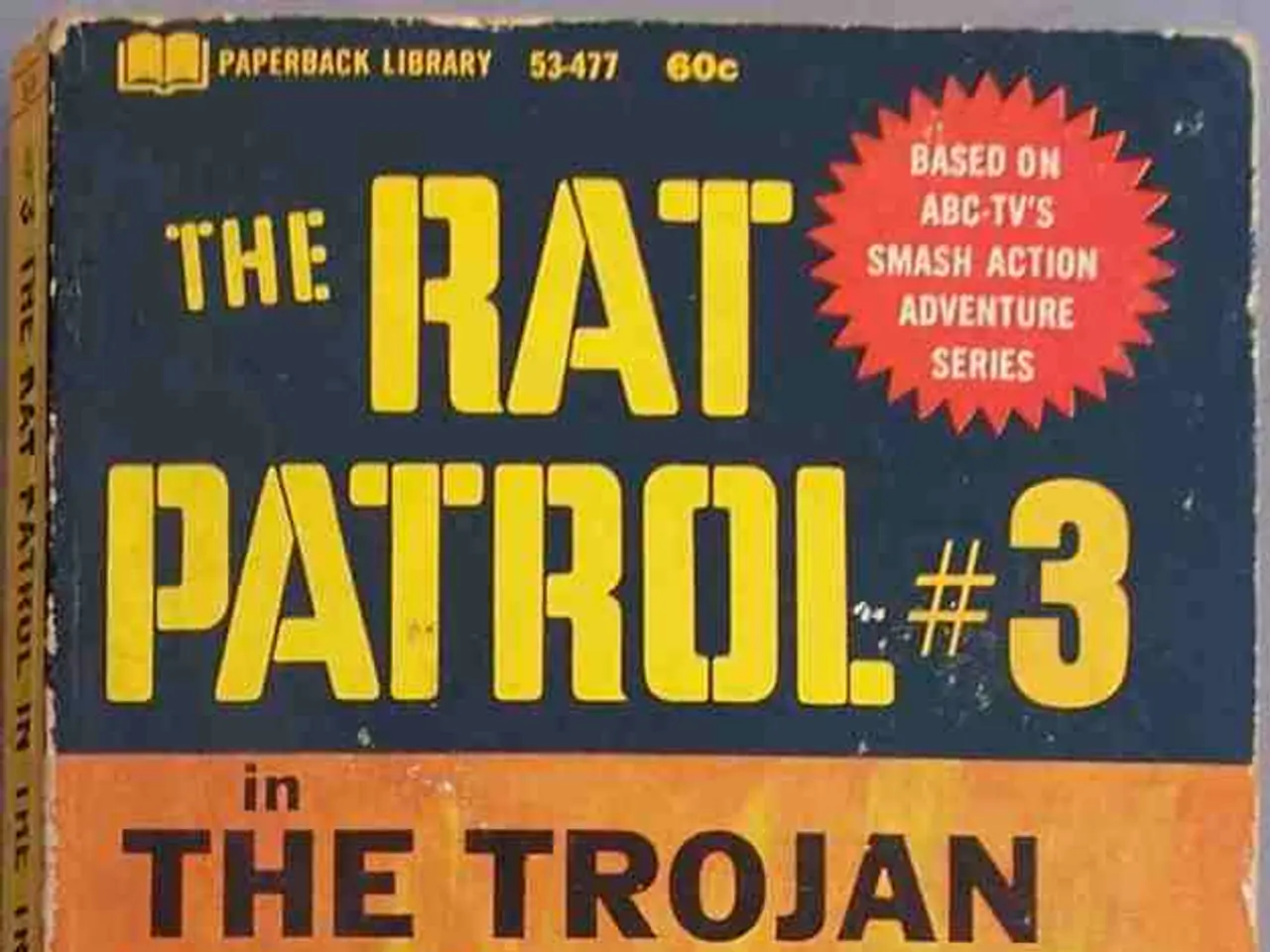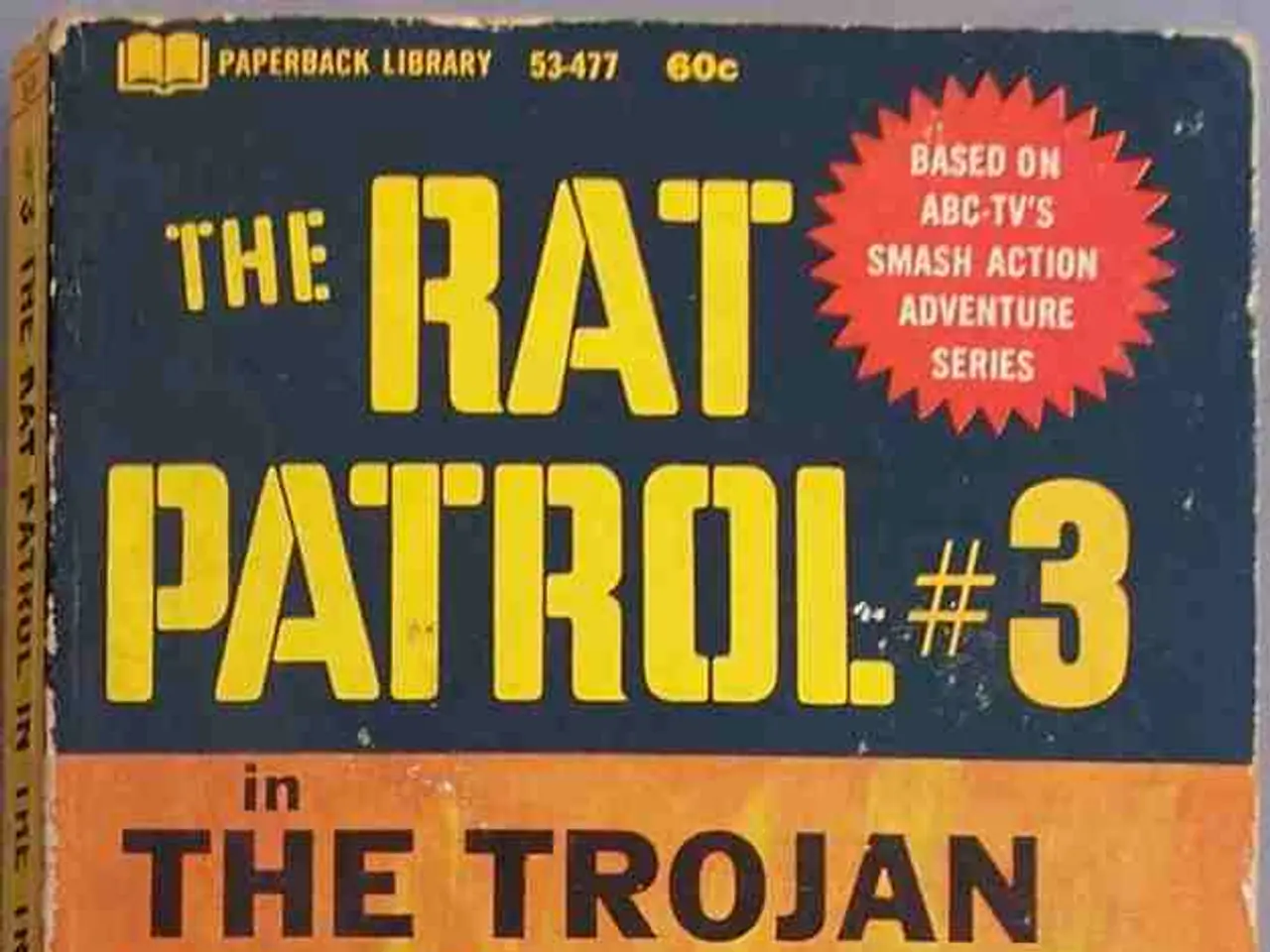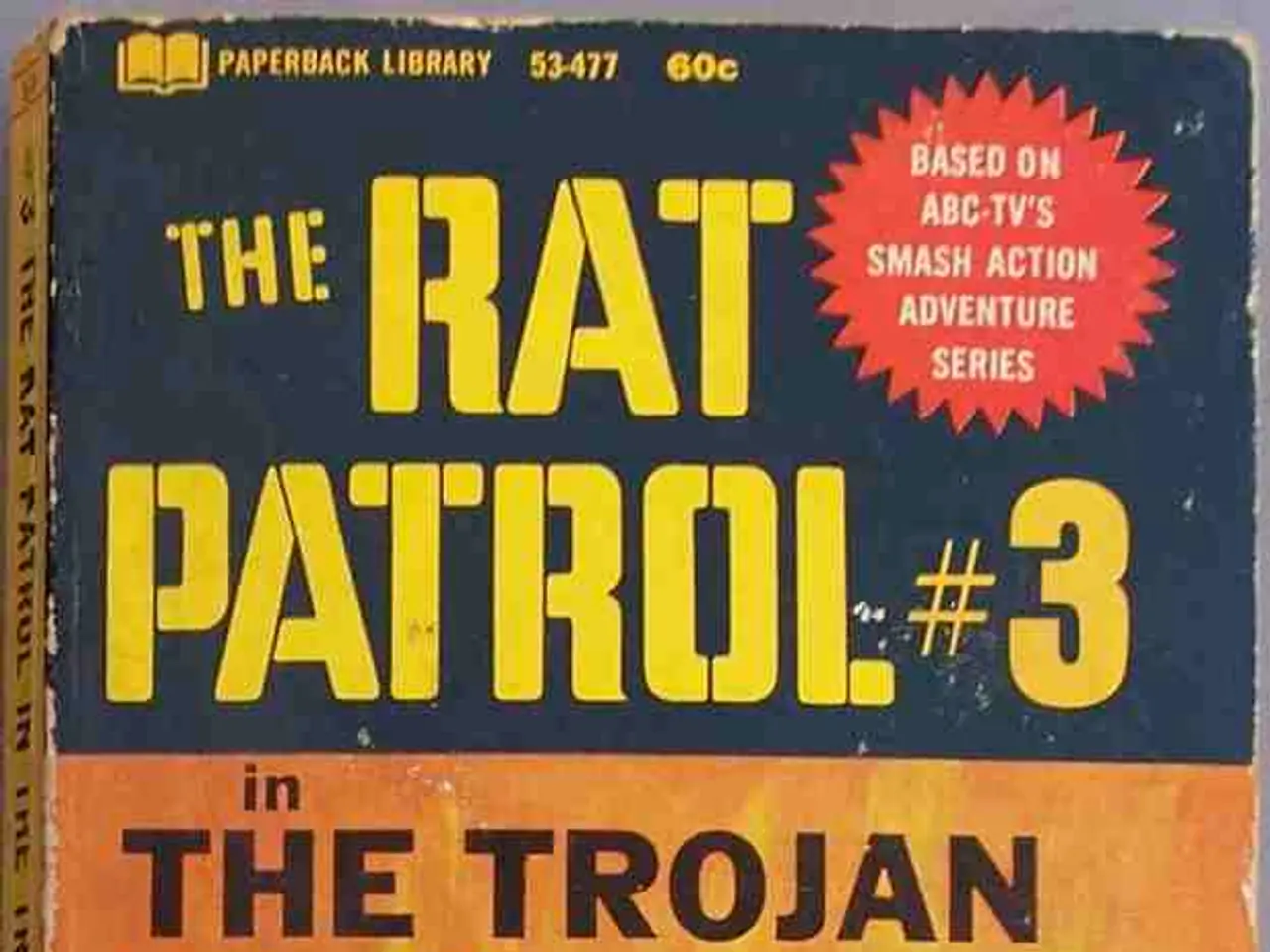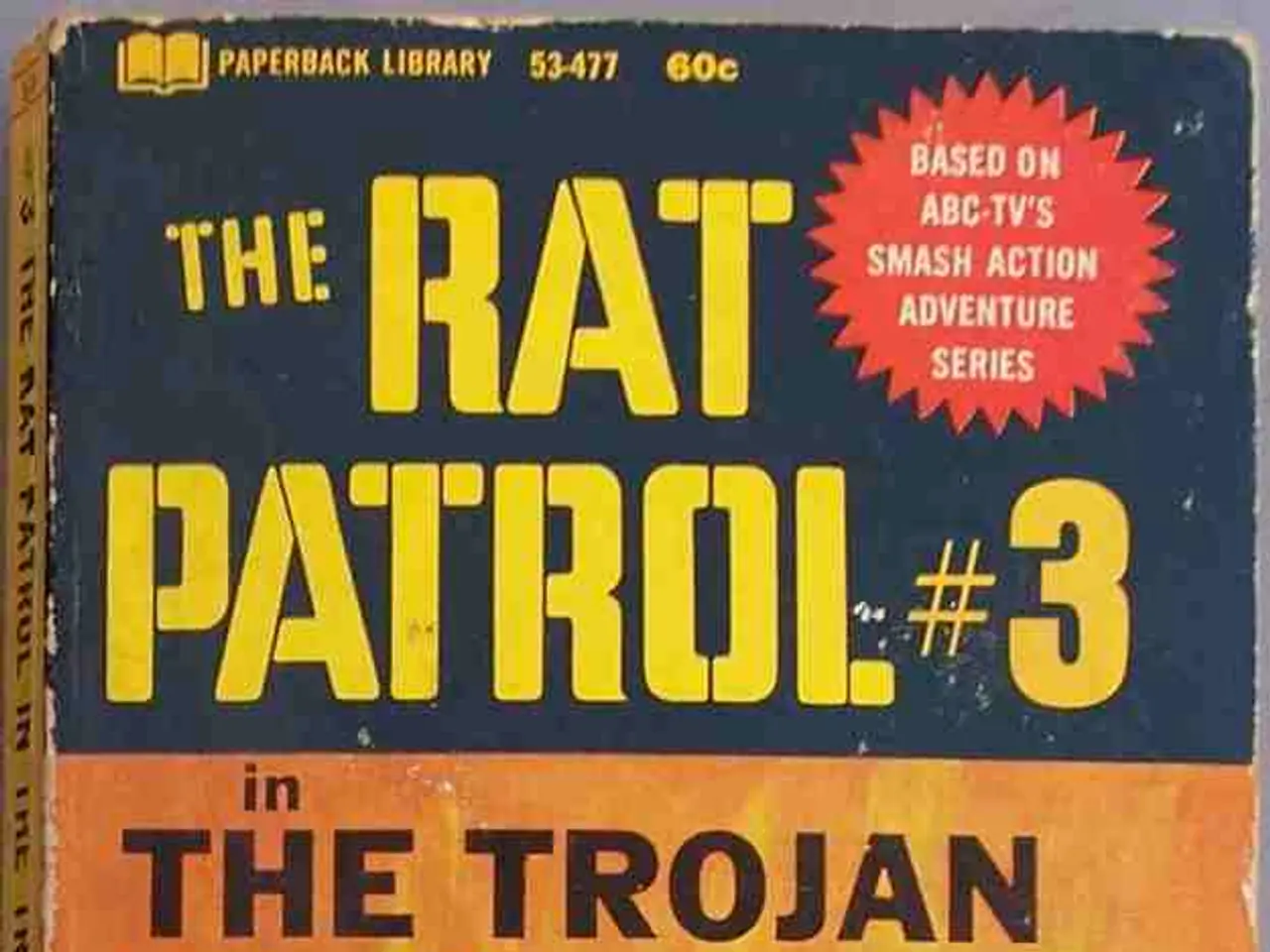Erosion of Public Trust in the Election Commission Imperils the Republic, States Shikha Mukerjee
The ongoing controversy surrounding the Election Commission's (EC) Special Intensive Revision (SIR) of Bihar's electoral rolls has sparked concerns about potential voter disenfranchisement, political bias, and the future of Indian democracy.
The SIR process, initiated in July 2025 with a tight two-month window before Bihar's October-November elections, has been met with criticism due to its timing and feasibility. Critics argue that the rush will exclude legitimate voters who cannot produce complex document proofs in time.
The EC requires 11 specific documents to verify citizenship, yet many rural voters lack these, raising concerns of targeting certain communities for exclusion. Opposition parties view this as a politically motivated attempt to exclude large numbers of voters, particularly Muslims, Dalits, and economically disadvantaged migrants.
The ruling BJP-JD(U) accuse opposition parties of protecting "fake" voters, including alleged undocumented migrants from Bangladesh. This accusation has fueled the political discourse, with opposition parties, notably the Congress and Rashtriya Janata Dal (RJD), accusing the process of being a 'conspiracy' to suppress their electoral base.
The Supreme Court has expressed "serious doubts" about completing the revision in time but allowed the process to continue, urging inclusion of common IDs like Aadhaar to minimize exclusion. The court also highlighted the absence of absolute proof of citizenship in standard documents like Aadhaar and voter ID.
Opposition MPs have protested, alleging "silent invisible rigging," while political leaders have voiced internal conflicts and accusations of irregularity and vote-buying. This public distrust intensifies as the SIR controversy deepens political divisions, potentially influencing election outcomes and broader democratic stability in Bihar and beyond.
The controversy surrounding the SIR process raises several implications for Indian democracy. Excluding legitimate voters undermines the democratic principle of universal adult suffrage and weakens electoral legitimacy. The process risks marginalizing Muslim, Dalit, and impoverished groups, exacerbating existing social cleavages and tensions.
The dispute highlights skepticism about Election Commission impartiality and procedural transparency, challenging the credibility of electoral administration. The Supreme Court's cautious stance signals judicial concern for procedural fairness and inclusion while respecting the EC's regulatory functions.
The loss of public confidence in the EC on such a scale destabilizes the structure of the Republic and the idea of democracy. The EC's actions are also seen as discriminatory, with accusations that it serves the interests of the ruling establishment.
The BJP, which heads the minority government in New Delhi, has been aloof from the protesters against the SIR process. The vote is considered a "cashable coupon" by the Indian voter, and excluding even a "genuine" voter can result in real deprivation of the power to negotiate.
Voter turnout in India is high, with around 60% in Bihar, often exceeding 80% in West Bengal, and in some places, like Nagaland, voter participation is 83% or higher. The stakes are high, and the SIR controversy threatens to undermine the very foundation of India's democratic system.
References: 1. The Wire (2025). Bihar Elections 2025: Election Commission's SIR Process Sparks Controversy. [online] Available at: https://thewire.in/politics/bihar-elections-2025-election-commission-sir-process-sparks-controversy 2. The Hindu (2025). Bihar Elections 2025: EC's SIR Process Under Scrutiny. [online] Available at: https://www.thehindu.com/news/national/bihar-elections-2025-ecs-sir-process-under-scrutiny/article36991969.ece 3. India Today (2025). Bihar Elections 2025: Opposition Slams EC's SIR Process. [online] Available at: https://www.indiatoday.in/india/story/bihar-elections-2025-opposition-slams-ecs-sir-process-1829651-2025-08-01 4. NDTV (2025). Bihar Elections 2025: Opposition MPs Protest Against EC's SIR Process. [online] Available at: https://www.ndtv.com/india-news/bihar-elections-2025-opposition-mps-protest-against-ecs-sir-process-2754217 5. Live Law (2025). Supreme Court Expresses Serious Doubts Over Completing Bihar Elections Revision in Time. [online] Available at: https://www.livelaw.in/top-stories/supreme-court-expresses-serious-doubts-over-completing-bihar-elections-revision-in-time-173245
- The ongoing controversy over the Election Commission's (EC) Special Intensive Revision (SIR) of Bihar's electoral rolls has raised questions about policy-and-legislation, particularly regarding the fairness and transparency of the process, and its potential implications for the future of Indian democracy.
- The politicization of the SIR process, with opposition parties viewing it as a politically motivated attempt to exclude certain voter groups, has fueled discourse around electoral politics, highlighting concerns about voter disenfranchisement and potential democratic instability.
